EV news
Electric Creta: Hyundai’s New SUV for Indian Families
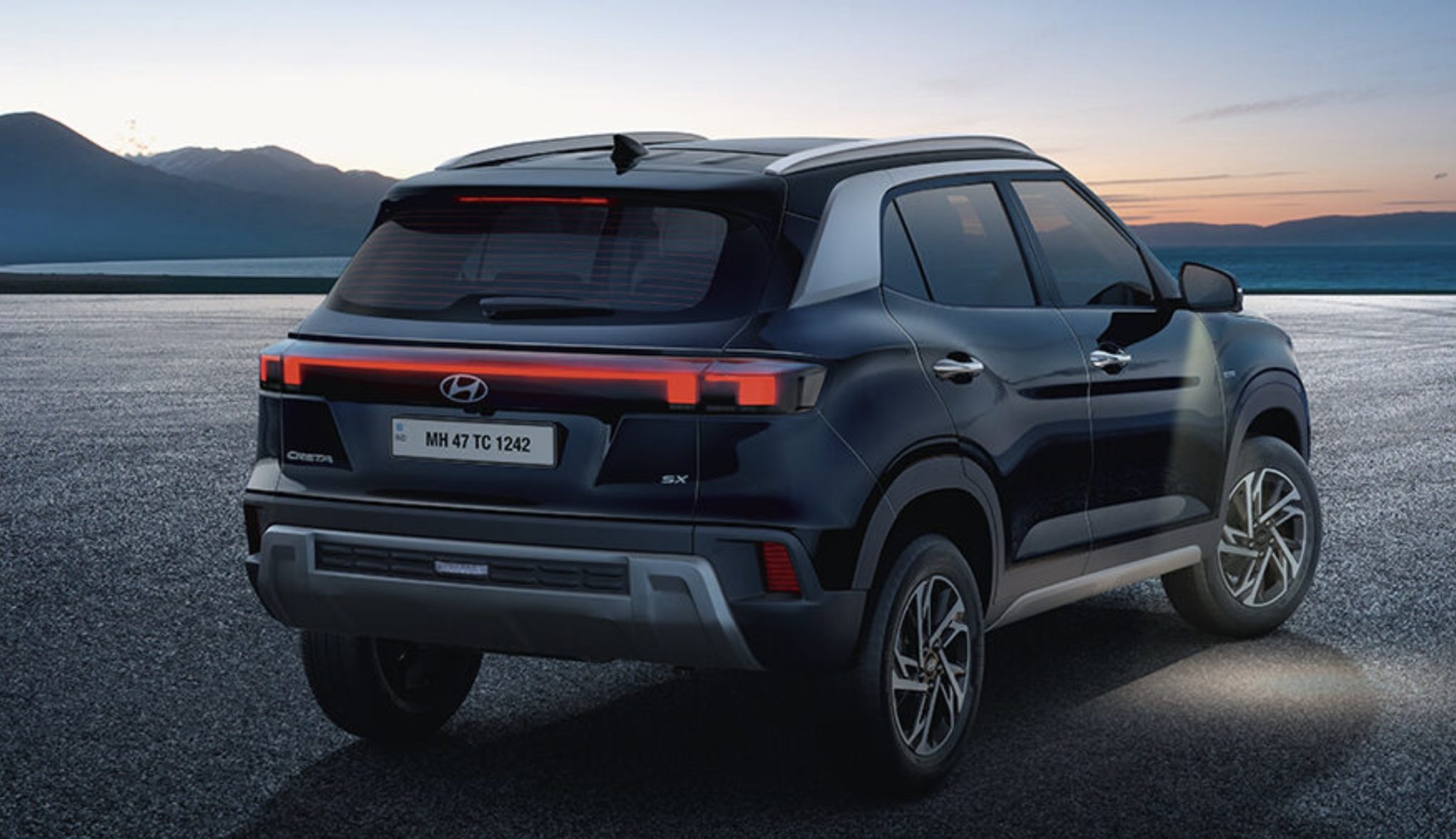
Introduction to the New EV
Hyundai Motor Company has exciting plans for the Indian market. The company is set to launch an all-electric version of its popular Creta SUV. This announcement follows Hyundai’s record initial public offering (IPO), which raised a staggering $3.3 billion. The new electric Creta is expected to hit the market by January 2025.
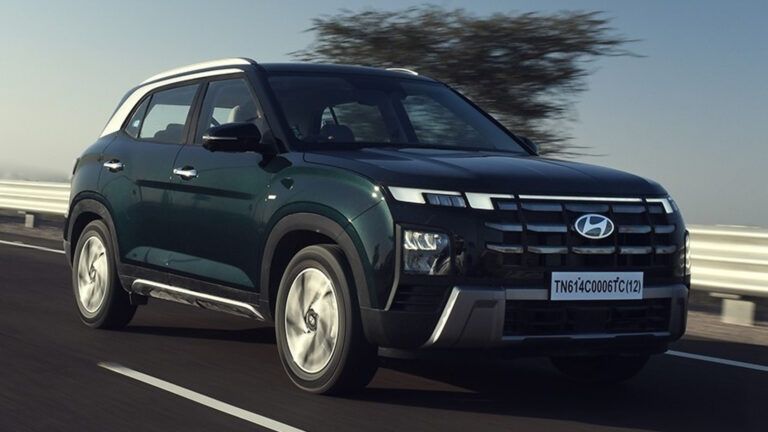
Hyundai prepares to launch new EV in India after record IPO
Production in Chennai
Hyundai will manufacture the all-electric Creta at its plant in Chennai, located in southern India. This facility has been operational since 1998 and has significantly contributed to Hyundai’s success in India. By leveraging this manufacturing hub, Hyundai aims to produce vehicles tailored for Indian consumers.
Design and Features
Hyundai is confident that the electric Creta will meet the needs of Indian families. The SUV is designed to be spacious, catering to the extended family culture prevalent in India. Several features make the electric Creta suitable for Indian roads.
Firstly, the compact SUV offers roomy passenger seats, ensuring comfort for everyone on board. Moreover, its high ground clearance allows it to navigate India’s often challenging road conditions. Additionally, in-car air purifiers enhance air quality, addressing concerns about pollution in many urban areas.
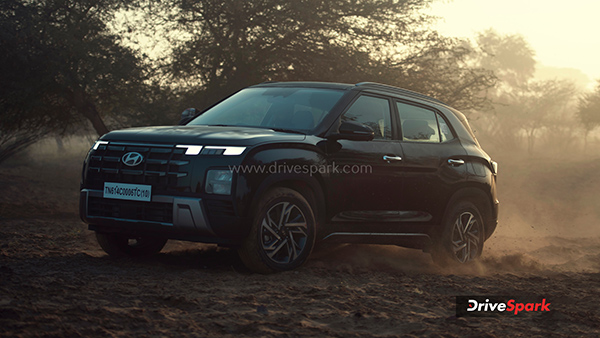
Hyundai prepares to launch new EV in India after record IPO
Hyundai’s Strategy in India
Hyundai is making significant strides in one of the fastest-growing automotive markets globally. The Indian automotive sector has attracted numerous international car manufacturers, including BYD from China. Consequently, Hyundai aims to strengthen its position and continue its growth trajectory.
Currently, Hyundai holds the title of the second-largest car manufacturer in India, just behind Maruti Suzuki. As of 2023, the company boasts a 14.6% market share in the country’s automotive landscape. This solid standing reflects Hyundai’s successful approach to meeting consumer demands.
Sales Performance and Popular Models
Hyundai’s success in India is attributable to its popular models, including the Creta, Alcazar, and Exter SUVs. Last year, these models collectively accounted for 60% of Hyundai’s total sales in India, with approximately 220,000 units sold.
The company has built a reputation for delivering reliable and stylish vehicles. This reputation resonates with Indian consumers, further enhancing Hyundai’s strong sales performance.

Hyundai prepares to launch new EV in India after record IPO
The Electric Vehicle Market in India
The electric vehicle (EV) market in India is rapidly evolving. The government actively promotes EV adoption through incentives and policies aimed at reducing pollution. As a result, this initiative creates a favorable environment for automakers to introduce electric models.
Hyundai’s decision to launch the electric Creta aligns perfectly with the growing demand for EVs in India. As consumers become more environmentally conscious, the need for electric SUVs that offer practicality and comfort continues to rise.
Competitors in the EV Space
Hyundai is not alone in pursuing the Indian EV market. Several competitors are also making significant moves. Traditional automakers and new entrants are vying for market share, making the landscape increasingly competitive.
Key players in the Indian electric vehicle segment include BYD, Tata Motors, and Mahindra. Each of these companies is launching new models that cater to the diverse needs of Indian consumers. Therefore, Hyundai will need to differentiate its electric Creta to capture potential buyers’ attention.
Future Outlook for Hyundai in India
Hyundai’s commitment to the Indian market is evident through its strategic investments and product launches. The introduction of the electric Creta represents a crucial step in the company’s plan to offer a comprehensive range of vehicles.
As the Indian automotive market evolves, Hyundai is well-positioned to adapt to changing consumer preferences. Its focus on electrification and innovation will play a pivotal role in future success.
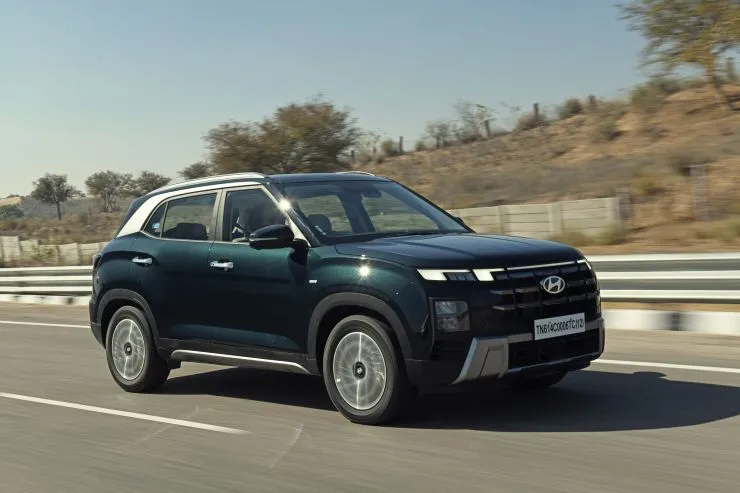
Hyundai to Launch Electric Creta SUV in India
Conclusion
In conclusion, Hyundai is poised to make a significant impact on the Indian automotive market with the launch of the all-electric Creta SUV. This move, which follows a record IPO, underscores the company’s commitment to meeting the needs of Indian consumers. With its spacious design, advanced features, and focus on comfort, the electric Creta aims to become a popular choice among families in India.
As the demand for electric vehicles continues to grow, Hyundai’s electric Creta will be a vital addition to its lineup. The company’s strategy to maintain its market position and expand its presence in the EV segment demonstrates its dedication to the Indian market. With the expected launch in January 2025, Hyundai is on track to enhance its offerings and solidify its reputation as a leader in the automotive industry.
Aritcle By
Prashant Sharma
Blog
The Tata Sierra EV: The Return of a Legend, This Time Electric
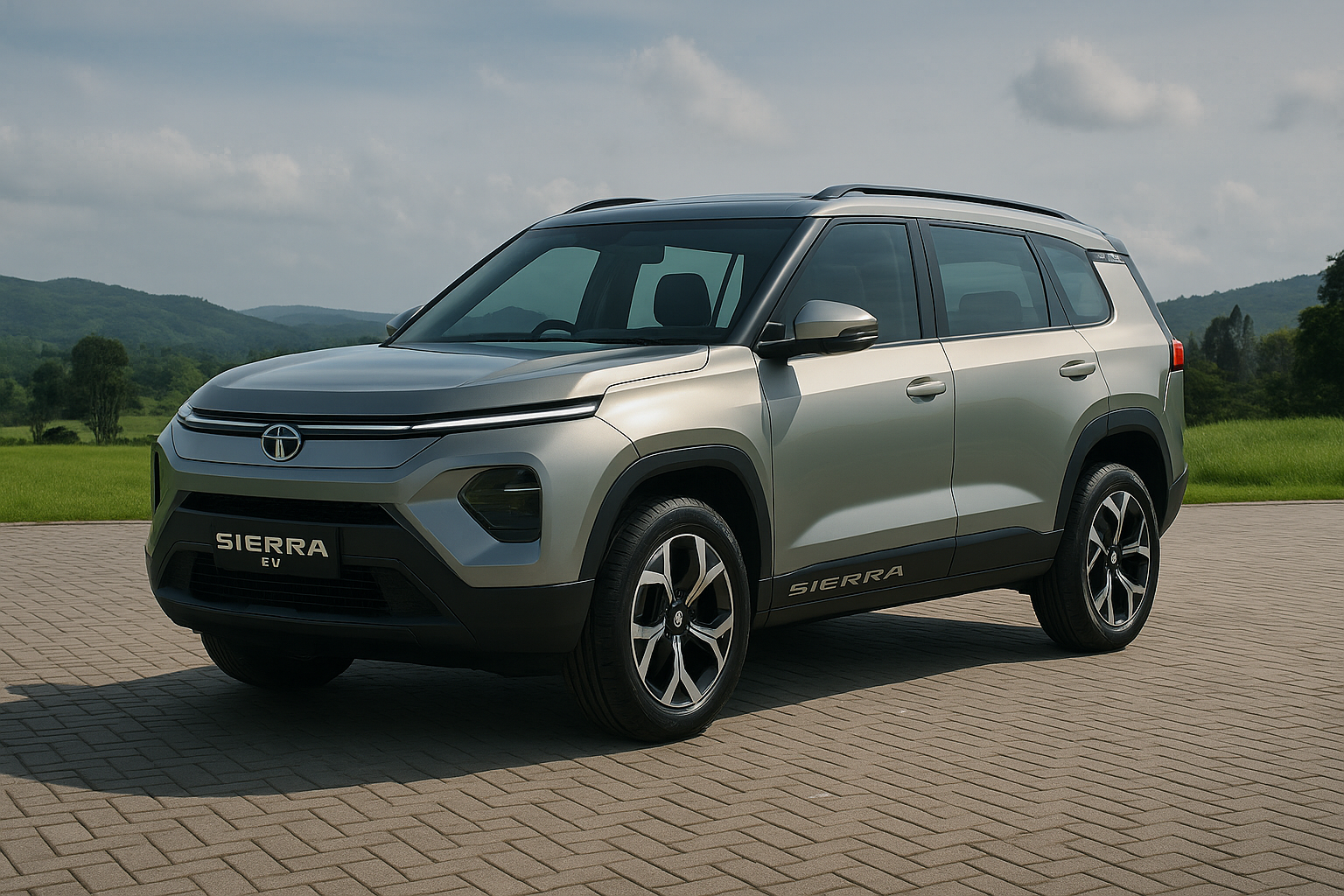
So, if you’ve been around for a while, you probably remember the Tata Sierra, right? It was one of those iconic cars from the 90s — rugged, bold, and perfect for anyone who loved hitting the road. Well, guess what? Tata Motors is bringing back the Sierra in 2025 or 2026, but this time, it will be electric. That’s right — the Tata Sierra EV is coming, and people are buzzing with excitement about it.
If you loved the Sierra back in the day, you’ll be even more excited about its electric makeover. This isn’t just a revamped version of the old model; it’s a whole new take on an iconic vehicle, packed with all the benefits of modern electric technology. Let’s dive into what makes the Sierra EV such a big deal.
What’s Special About the Tata Sierra EV?
1. The Classic Look, Now with Electric Power
The original Tata Sierra was renowned for its rugged, adventure-ready design, and from what we know so far, the Sierra EV is expected to retain that classic, bold look. The tough exterior, spacious interior, and high ground clearance will still be there, but the electric twist means it’s going to be smoother and more environmentally friendly.
We can expect the Sierra EV to have that same adventurous vibe while incorporating all the modern features that come with electric mobility. Whether you’re heading to the mountains for a weekend trip or just running errands in the city, the Sierra EV will handle it with style and ease.
2. Range That Makes It Practical for Long Drives
When it comes to electric vehicles, the range is always a big question. Luckily, Tata is working hard to make sure the Sierra EV won’t leave you stuck looking for a charging point every 100 km. Early reports suggest that the Sierra EV will likely have a range of 400 km or more on a single charge. This means you can enjoy those long drives without constantly worrying about where the next charging station is.
Plus, with fast-charging capabilities, you won’t have to waste hours waiting for the battery to fill up. It’s all about making the EV experience as convenient and hassle-free as possible.
3. Packed with Tech and Features
Now, we all love a car that’s not just about performance but also about comfort and convenience. The Sierra EV is expected to be loaded with all the tech features that make modern driving easier and more enjoyable.
We’re talking about smart navigation, driver assistance features, touchscreen infotainment systems, and even wireless charging. And since the Sierra EV will be electric, it’ll be packed with all those cool features we’ve come to expect from electric cars — like regenerative braking, smart battery management, and more.
Why the Tata Sierra EV Will Appeal to You
So, why should you be excited about the Sierra EV? Here’s the thing: Tata is making electric vehicles that aren’t just eco-friendly; they’re also practical and affordable.
The Sierra EV combines the ruggedness of the original Sierra with all the benefits of driving electric. Whether you’re someone who loves adventure, a family who needs extra space, or just someone looking for a solid, eco-friendly ride, the Sierra EV is set to tick all the right boxes.
What Does This Mean for the Electric Car Market?
The Sierra EV isn’t just a cool new car; it’s a part of the bigger picture for Tata Motors. The company is fully invested in the electric vehicle market, and the Sierra EV is one of the first in what will likely be a long line of affordable, stylish electric cars.
With more and more people in India looking for sustainable alternatives to petrol and diesel, the Sierra EV will offer an affordable electric option that doesn’t compromise on performance, space, or style. As the government pushes for greener mobility, Tata is paving the way for the future of electric SUVs in India.
What Can We Expect from Tata in the Future?
The Sierra EV is just one of many electric vehicles Tata has in the pipeline. We’ve already seen the success of the Nexon EV, and now Tata is ready to push the envelope even further. The Sierra EV will likely set the tone for what’s to come in Tata’s electric SUV lineup.
If the Sierra EV is anything like the Nexon EV, we can expect Tata to keep improving and making electric vehicles that are affordable, practical, and full of modern features.
The Future of the Tata Sierra EV Looks Bright
We’re still a few years away from the official launch of the Sierra EV, but the excitement surrounding this electric SUV is already palpable. With its rugged design, impressive range, and smart features, the Sierra EV is going to be a real competitor in the electric SUV market.
The Tata Sierra EV promises to be more than just a cool electric car; it’s part of a bigger movement toward greener, more sustainable driving. For anyone looking for a reliable, affordable electric SUV, the Sierra EV could very well be the car that leads the charge.
Article By
Sourabh Gupta
Blog
Suzuki Access EV: A New Electric Scooter Set to Compete with the Honda Activa Electric
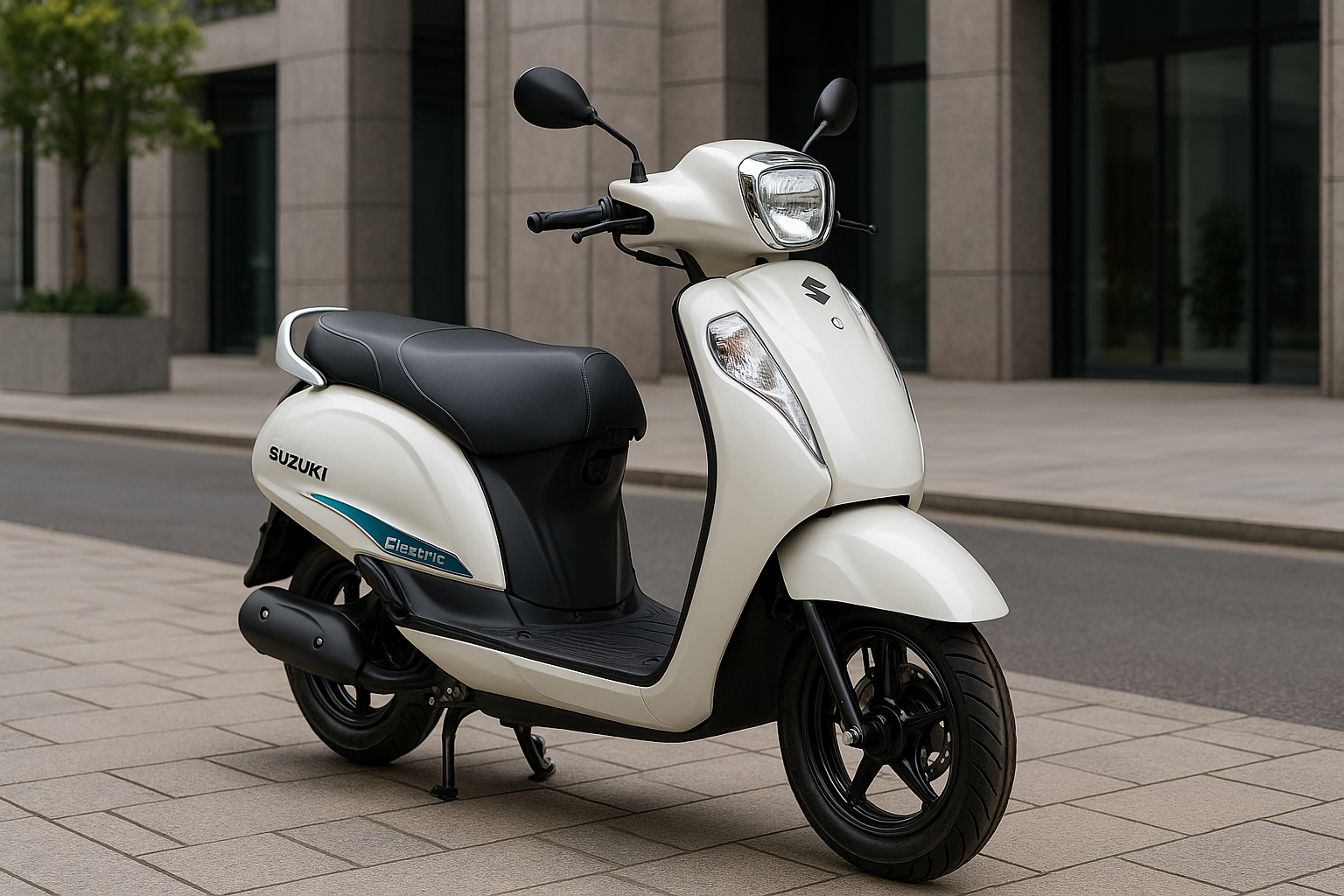
Suzuki Enters the Electric Scooter Market with the Access EV
Suzuki, a brand renowned for its reliable and fuel-efficient motorcycles and scooters, is now entering the world of electric mobility with its upcoming Suzuki Access EV. Expected to launch in 2025, this electric scooter is poised to become a significant player in India’s rapidly growing electric two-wheeler market. With the rise in demand for eco-friendly transportation, Suzuki aims to tap into the shift toward electric mobility with a scooter that combines familiarity, affordability, and modern electric technology.
India’s electric scooter market is heating up, with strong contenders like the Honda Activa Electric also making their debut. The Suzuki Access EV has big shoes to fill, but with its established reputation in the two-wheeler segment, Suzuki is well-equipped to make its mark.
Key Features of the Suzuki Access EV
1. Sleek Design and Comfort
The Suzuki Access EV will retain the classic design elements that made the Access 125 one of India’s most popular scooters, while incorporating sleek, modern changes suitable for the electric age. Expect a design that maintains the comfort and ease of use for which the Access series is known, but with enhancements to accommodate electric powertrain components.
The Access EV will come with a well-designed, comfortable seat, spacious footboard, and ergonomic riding posture, ensuring that it’s just as comfortable for long-distance commutes as it is for short city rides.
2. Battery and Range
One of the biggest concerns for any potential electric vehicle buyer is the range. The Suzuki Access EV is expected to come with a high-capacity lithium-ion battery that offers a respectable range of 80 to 100 km on a single charge. For daily city commuters, this range should be more than sufficient, offering the convenience of not needing to charge the scooter every day.
The Access EV will also feature quick charging capabilities, so riders can spend less time plugged into a charging point and more time on the road. Suzuki aims to make it as convenient as possible for users, whether they’re commuting or running errands.
3. Smart Features and Technology
In addition to its design and range, the Suzuki Access EV will come with a range of smart features to enhance the rider experience. Expect connectivity options that allow you to pair your phone with the scooter for features like real-time vehicle tracking, remote diagnostics, and battery status updates. LED lights, digital instrument clusters, and regenerative braking systems will also be part of the package, offering a smooth and high-tech riding experience.
How the Suzuki Access EV Will Compete with the Honda Activa Electric
The competition in the electric scooter segment is heating up with Honda’s Activa Electric, which is expected to launch around the same time as the Suzuki Access EV. Both brands have loyal customer bases, and their electric scooters will likely appeal to different segments of the market.
While the Honda Activa has been the undisputed leader in India’s scooter market, Suzuki brings a different set of strengths to the table. The Access EV will likely be priced competitively, giving it a strong chance of becoming a popular choice for those who want the reliability of Suzuki but are also looking for something environmentally friendly and cost-effective.
In terms of performance, both the Access EV and Activa Electric will be aiming for similar performance benchmarks, including good battery life and reliable city range. However, Suzuki’s reputation for durable scooters, combined with the added benefit of an electric motor, could give the Access EV an edge in terms of customer loyalty.
The Impact of Suzuki Access EV on the Electric Scooter Market
As the electric vehicle market in India continues to grow, the introduction of the Suzuki Access EV is a significant step forward. With government incentives for electric vehicles and growing consumer interest in eco-friendly commuting options, electric scooters are becoming a mainstream choice for many people.
The Suzuki Access EV is expected to be a game-changer in making electric scooters more accessible, affordable, and practical for the everyday commuter. By focusing on a user-friendly design, affordable pricing, and efficient battery technology, the Access EV will appeal to a wide range of customers, from those making the transition from petrol scooters to those buying their first electric vehicle.
The Future of Electric Scooters in India
The Suzuki Access EV marks a bold new step for the brand as it enters the growing world of electric mobility. With its solid reputation, affordable pricing, and smart features, the Access EV has the potential to be a strong competitor in the market alongside other popular electric scooters like the Honda Activa Electric.
As 2025 draws closer, we’ll be seeing more affordable electric options like the Access EV, which will make cleaner, greener transportation even more accessible for all. It’s an exciting time for the Indian electric vehicle market, and the Suzuki Access EV is ready to be a part of the future of eco-friendly commuting.
Ev battery
Mahindra Expands EV Portfolio with the BE 07: A New Era of Electric Mobility
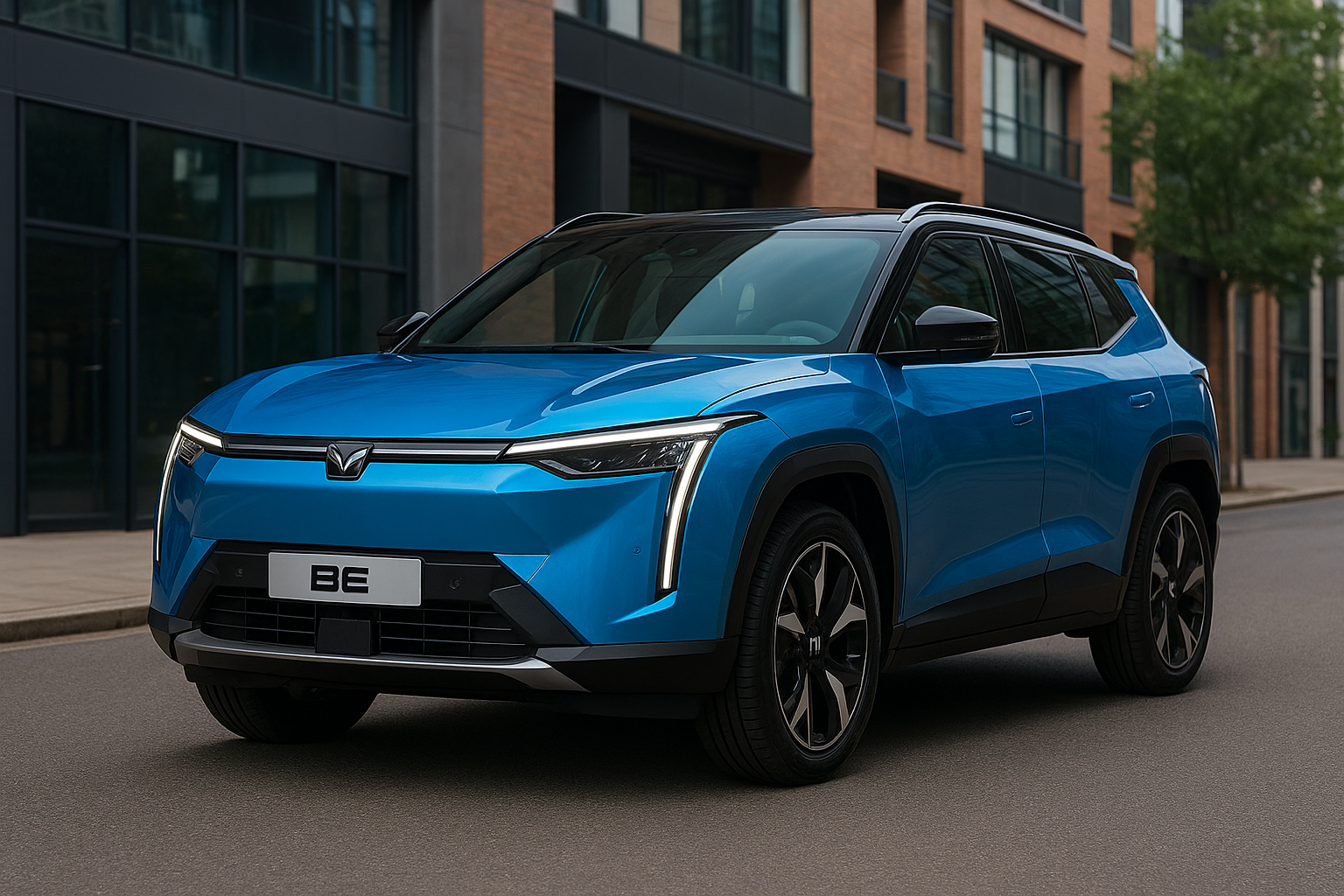
Mahindra’s New Electric SUV: The BE 07 is Here to Make a Splash
Mahindra’s been making some big moves lately, and if you’re a fan of SUVs, you’re going to want to pay attention. The BE 07, Mahindra’s upcoming electric SUV, is creating a lot of buzz in the auto world. Expected to roll out in 2025 or 2026, this electric ride is set to change how we think about electric vehicles (EVs) in India.
We all know Mahindra is famous for its tough, reliable SUVs. The BE 07 will be no different, but it’s got a twist — it’s electric. So, whether you’re looking for an eco-friendly car that still packs a punch or you’re just tired of rising fuel prices, this electric SUV might be exactly what you’ve been waiting for.
Why the BE 07 is Such a Big Deal
The BE 07 is more than just a regular SUV — it’s electric, which means it’s a step forward in Mahindra’s push to make green vehicles the norm. Here’s why people are so excited about it:
1. A Fresh, Modern Look
We all know Mahindra is famous for making rugged SUVs, and the BE 07 keeps that vibe alive. But it’s also got a more modern look that screams future-ready. With sleek lines and a sporty design, it’s got that futuristic appeal, but with all the muscle you’d expect from an SUV.
Whether you’re using it for city drives or heading out on a road trip, the BE 07 will stand out wherever you go.
2. Great Range for Long Drives
One of the things people are most worried about with electric cars is range anxiety — basically, how far can you go before needing a charge? Mahindra is addressing this with the BE 07, which is expected to give you a solid 400+ km on a full charge. That means you can take it on longer trips without the stress of constantly needing to find a charging station. Whether it’s a weekend getaway or a daily commute, this car’s range is more than enough.
And with fast-charging capabilities, you won’t be stuck waiting hours for a charge. Quick and efficient charging will make long drives a breeze.
Tech and Features: It’s Got Everything You Need
Electric cars are all about smart technology, and the BE 07 delivers. The car comes with all the modern features you’d expect from a high-end SUV, but with an electric twist. Expect a huge touchscreen infotainment system, smart connectivity, and advanced driver-assistance features to make your driving experience as smooth as possible.
3. Smart Features for a Smooth Drive
If you’re someone who loves having the latest gadgets in your car, the BE 07 will make you happy. It’ll have features like adaptive cruise control, lane-keeping assist, and emergency braking. These features not only make driving safer but also less stressful, especially on highways or during long drives.
The infotainment system will keep you connected to your music, calls, and navigation, so you’re never without what you need. Plus, all of this tech will be integrated into the car seamlessly, keeping everything easy to use.
Why It’s the Right Time for an Electric SUV
If you’ve been thinking about switching to electric, the BE 07 might just be the right moment. As fuel prices continue to climb, the cost of petrol and diesel is hitting us hard. But with electric vehicles, you’re looking at a much cheaper, more sustainable way to drive.
Plus, government incentives are making it easier than ever to buy an electric car. With affordable pricing and low charging costs, the BE 07 makes going green more accessible than ever before.
Who’s the BE 07 Perfect For?
This car is perfect for families, young professionals, or adventure lovers who want a car that’s tough, eco-friendly, and packed with features. If you love the idea of owning an electric SUV that’s both stylish and practical, the BE 07 is going to be a great fit. It’s spacious enough for your family, but with the kind of performance and luxury that will make every drive a pleasure.
What’s Next for Mahindra?
The BE 07 is just one of the many electric cars Mahindra plans to release. As the company continues to expand its EV portfolio, we can expect even more exciting models in the coming years. The BE 07 is just the beginning of Mahindra’s mission to revolutionize the electric vehicle market in India.
With Mahindra’s growing focus on electric mobility, the future of sustainable transportation in India is looking brighter every day. So, if you’ve been considering switching to an electric car, the BE 07 is worth keeping an eye on.
The Future of Driving Is Electric
The Mahindra BE 07 is shaping up to be an exciting, affordable, and eco-friendly option for anyone looking for an electric SUV. With great design, amazing tech, and a reliable range, it’s clear that Mahindra is stepping up its game when it comes to electric mobility.
If you’ve been thinking about making the switch to electric, the BE 07 could be the perfect vehicle for you. It’s affordable, practical, and it’s got everything you need to drive into a more sustainable future.
Article By
Sourabh Gupta
-
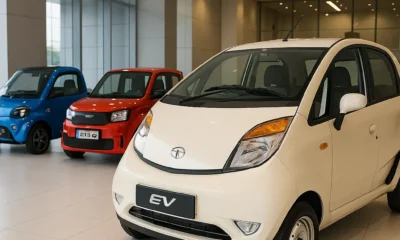
 Blog5 months ago
Blog5 months agoTop Electric Cars in India Under ₹5 Lakhs – Budget-Friendly EVs for Diwali 2025
-
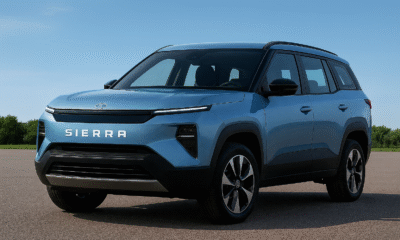
 Blog6 months ago
Blog6 months agoTata Sierra EV 2025 Launch: Price in India, Specifications & First Look
-
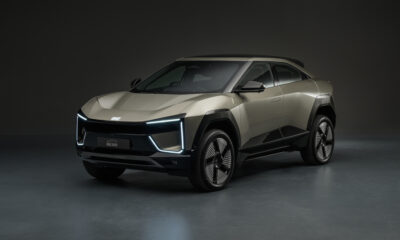
 Blog1 year ago
Blog1 year agoMahindra BE 6 An Intense Move toward the Fate of Electric Versatility
-
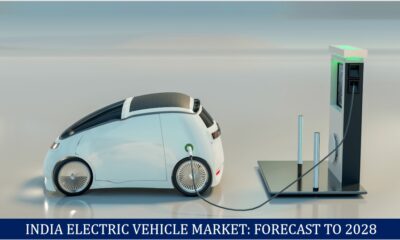
 Blog1 year ago
Blog1 year agoIndia’s Electric Vehicle Market Forecast to 2028 A Rapidly Growing Industry
-
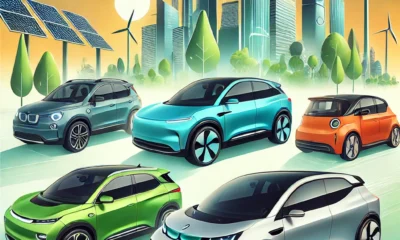
 Blog2 years ago
Blog2 years agoTop 5 best electric vehicles Under $30,000: Affordable Choices for 2024
-
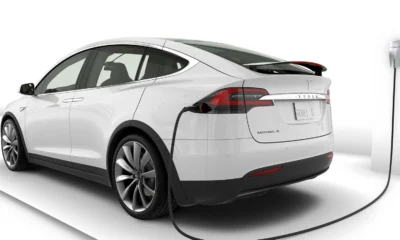
 Blog2 years ago
Blog2 years agoTop 10 Electric Vehicles of 2024: A Comprehensive Guide
-
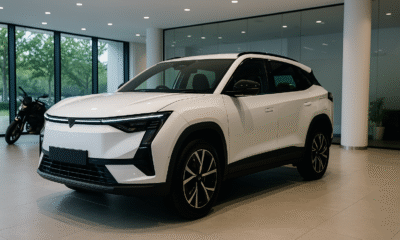
 Blog4 months ago
Blog4 months agoMahindra XEV 9e Launch in November Coming – Detailed Guide
-
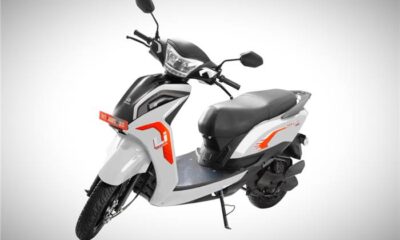
 EV news1 year ago
EV news1 year agoAmpere Magnus Neo Another Time of Electric Portability




